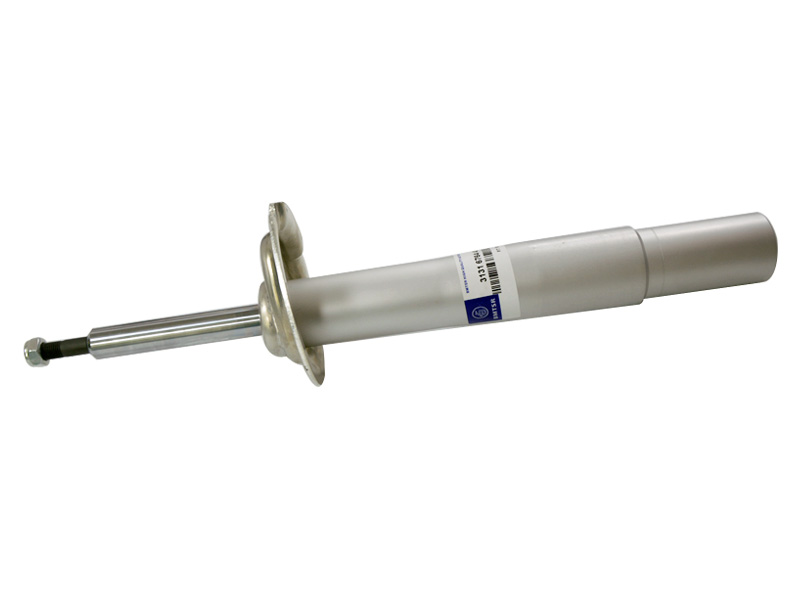Cuts Down On The Cost Of Buying A Car
Cars are expensive things. Unfortunately, for many of us, they’re also necessary. Buying a new car can often fill people with dread – especially the costs associated with them! However, there are all sorts of ways around this. Part exchanging your car is a great place to start, but there are all sorts of other ways to avoid being landed with a big bill for your new transport.
Insurance and fuel
If you’re looking to keep the overall costs low, check in advance to make sure that you won’t have to pay the earth for insurance, and that the car won’t consume more fuel than you want to put in. The easy answer for both is to choose one with a smaller engine, which can also help ease the burden of the road tax. It could also be worth looking into whether a petrol or diesel model is better for you: diesels give much better fuel economy, but can be much pricier to tax and repair.
Finance packages
If you’re buying new, then rather than having to fork out a massive lump sum, most dealerships will offer a range of finance packages, to make sure that you can keep it all affordable. If you take this route, then you can keep the monthly payments even smaller by keeping it simple; if you don’t need alloy wheels, heated seats or coloured brake pads, then don’t buy them. Some manufacturers charge very high prices for these optional extras, so big savings can be made here. The same can be said for buying sporting or luxury models – if you don’t need the extra performance, or comfort, then it’s much cheaper in the long run to buy the basic one. Consider consulting with experts in sales and financing of pre-owned vehicles to explore all available options and make an informed decision that suits your budget.
Shop Around
Unless you’re very loyal to one brand, look at different manufacturers to see what the best value for money is. If you’re looking for a reliable family car that’s relatively fuel efficient, with low maintenance issues, you can tell that the Toyota Corolla fits the bill because you still see a lot of them out on the road. If the vehicle you’re interested in is still commonly seen, it’s a good indicator that it has few design faults, and is cheap to maintain and insure.
When buying second hand, it’s best to look into the individual car’s history. What looks like a steal in the local paper may end up being an expensive choice six months down the line. Any pre-owned car is a gamble; a newer car that’s been well looked after, or one with fewer miles on the clock, can help you avoid having to pay out for repairs.
It’s also helpful to do some research on how much a model will cost to be repaired. Some cars can be very cheap on the second hand market, but could end up costing you a small fortune in parts and labour costs, especially if the parts are hard to find, or the car’s engine is difficult to work on.





